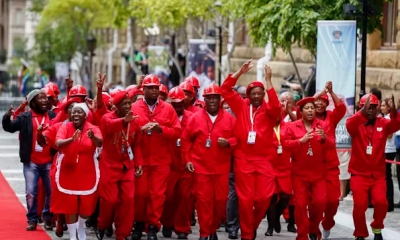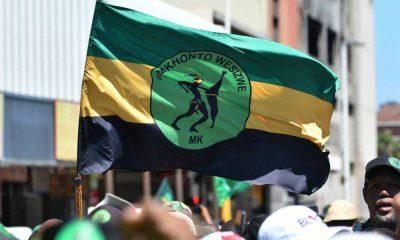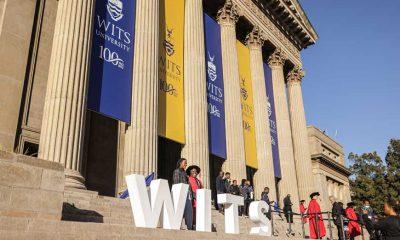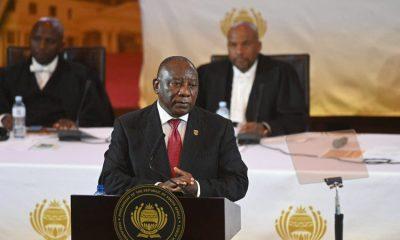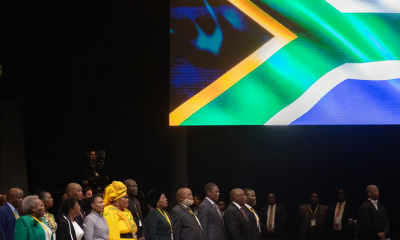Opinion
The Rainbow Nation Was a Lie: Confronting Racism in Post-Apartheid South Africa
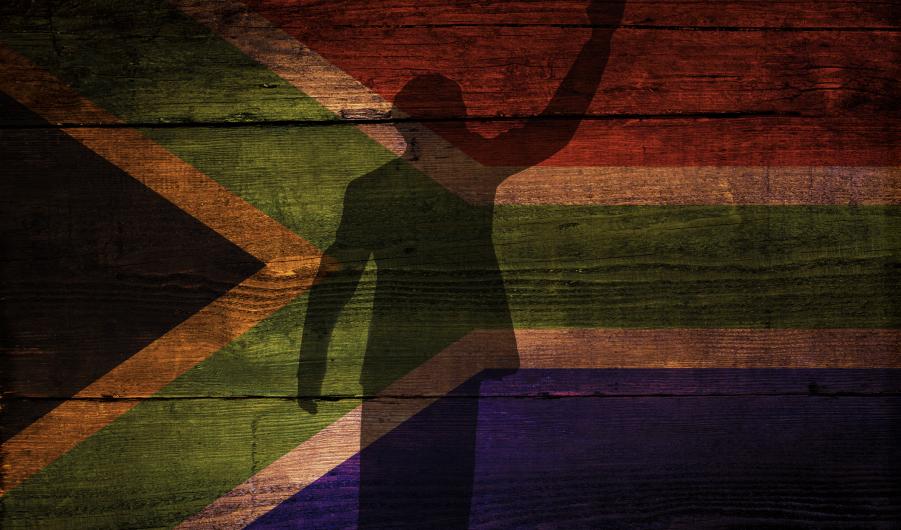
When South Africa emerged from the shackles of apartheid, we were told that we were entering a new era — one where we would come together, regardless of race, and build a better country. The Rainbow Nation was supposed to symbolize hope, healing, and harmony. But nearly 30 years later, we must admit a painful truth: it was one of the biggest lies we ever told ourselves.
Yes, apartheid officially ended. But racism in South Africa did not.
Today, the open disdain from many white South Africans toward black South Africans is not just a remnant of the past — it’s being perpetuated by a younger, seemingly more educated generation that should know better. Gone are the days when white supremacy was whispered behind closed doors. Now it’s in your office, on your timeline, and embedded in the systems we navigate daily.
Look no further than disgraced former Olympian Roland Schoeman, who recently referred to apartheid — a regime recognized globally as a crime against humanity — as an “exclusionary democracy.” The sheer audacity is disturbing, especially coming from someone who once begged a black president for a job. His revisionist rhetoric is not only dangerous but reflective of a wider pattern of entitlement and denial.
This entitlement doesn’t stop at rewriting history. It extends into global politics. There appears to be a calculated effort to undermine South Africa’s sovereignty and leadership — one that conveniently aligns with tech billionaire Elon Musk’s frustrations about not receiving regulatory exceptions for his Starlink project. When the South African government refused to bend the rules for him, what followed looked eerily like political retaliation through powerful U.S. connections.
If that sounds dramatic, just consider how often white frustration in South Africa translates into a backlash — whether it’s through social media campaigns, offshore investments, or direct attacks on leadership.
White supremacy, like colonialism, finds new ways to adapt.
In our political arena, this plays out with figures like Helen Zille — quick to label black ANC leaders as power-hungry while continuing her own political career well past its due date. In a recent interview, she lamented the state of Johannesburg and praised Cape Town’s “success,” conveniently overlooking the poverty and neglect in the Cape Flats and surrounding townships. Her concern stops where black lives begin.
No one is pretending the ANC is perfect. But every move towards inclusive governance seems to incense those who quietly believe power should remain in white hands. Even the recent Government of National Unity — meant to bring together diverse voices for the country’s good — is being picked apart by those who view it as a threat to their dominance.
At its core, this is about power — and the fear of losing it.
South Africa is one of the few places in the world where black people can walk freely without a passbook, where they can speak their minds, vote, and lead. And for some white South Africans, this progress feels like a loss.
We were never truly united. The end of apartheid was not born of collective goodwill but of international pressure and internal resistance. And while the laws changed, the hearts and minds of many did not.
It’s time to stop pretending. Racism in South Africa is alive and deeply embedded. We need to name it, challenge it, and stop giving airtime to those who seek to minimize or rewrite the pain of our past. The Rainbow Nation is dead. But maybe from its ashes, something more honest can rise.
{Source Sunday World}
Follow Joburg ETC on Facebook, Twitter , TikTok and Instagram
For more News in Johannesburg, visit joburgetc.com

